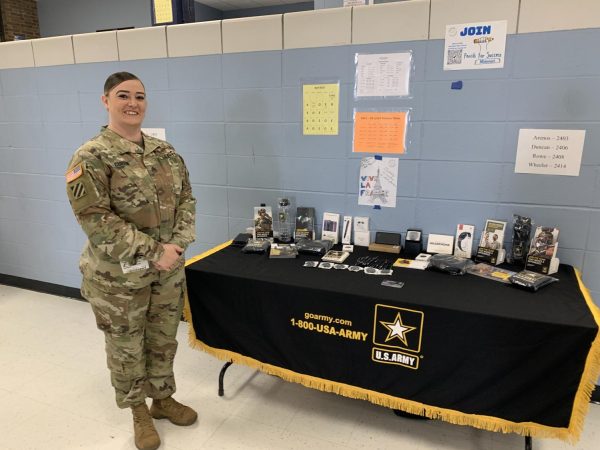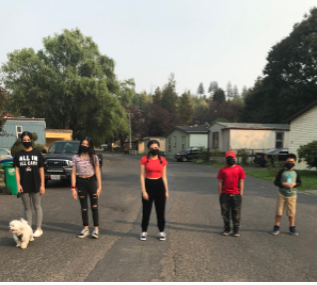Dealing With The Funding Crisis
Oregon gets a failing grade in 2018 for how much it spends on public schools. Education Week, an independent news organization that covers K–12 education, gave Oregon an “F” for spending, and as a state, it didn’t do much better, receiving a “C-”.
Underfunding has been a persistent issue in Oregon schools. According to The Quality Education Commission, which as established by the 2001 legislature to determine the amount of funding needed to meet state standards, Oregon needs to spend $10.7 billion in the next biennium to fund a high-quality K-12 system, a $2.5 billion increase from the current State School Fund.
A big questions is, how is this funding problem affecting the quality of learning that these students are receiving? “Within each of our 197 school districts across Oregon, the unique challenge of offering our students the best opportunities to engage in learning is constantly an issue when we lack the proper financial resources to provide multiple programs, quality learning spaces that are safe, highly effective and motivated teachers, social and emotional supports, healthy food options, transportation, quality guidance counseling – to name a few off the top of my head.” Vice President of the OSBA Scott Rogers says.
Is this epidemic really top priority? Kevin Cassidy, a president elect on the Oregon School Board Association says, “My time and efforts as an elected volunteer school Board Member for the past six years has been primarily focused on this issue. Yes, it is considered our top priority as a school board association across Oregon.”
Another big questions is, how does this issue affect teachers, both pay wise and quality of teaching? Kevin Cassidy says, “Most teachers enter the profession with a desire to make a difference in the lives of students. Pay is not the top motivation of a highly effective educator. That said, obviously compensation is an important component of attracting and retaining the best teachers. A highly “effective teacher” (not to be confused with “highly qualified” which doesn’t always correlate with “highly effective”) IS the key to the connection of a student and their ability to grow as a learner. As a student, you could easily tell me which teachers have made a difference in your life and kept you engaged as a student – equally, without having to disclose to anyone, you could also identify teachers that you worked to avoid in your schedule because they lack the ability to connect with you as a student. I cannot speak directly for a teacher in Oregon, but I would think given the current challenges to provide good pay and an environment worthy of spending a lifetime in as an educator – it is currently difficult to motivate people to follow their dream to become an educator in Oregon.”
Kevin Cassidy gives some insight on how students can get involved and help with the issue. “YOU have a voice – you ARE the voice that is at the center of this topic. If you are motivated to do so, get to know your local legislators, email them, ask for an appointment to share their opinions with you on education legislation – be willing to share your opinions – YOU are the customer. Ask your teachers what supports they would like and see if there is a common issue you could advocate for. Attend a school board meeting and get to know who your locally elected board members are. Ask to meet with them informally and share your thoughts as a student.”








